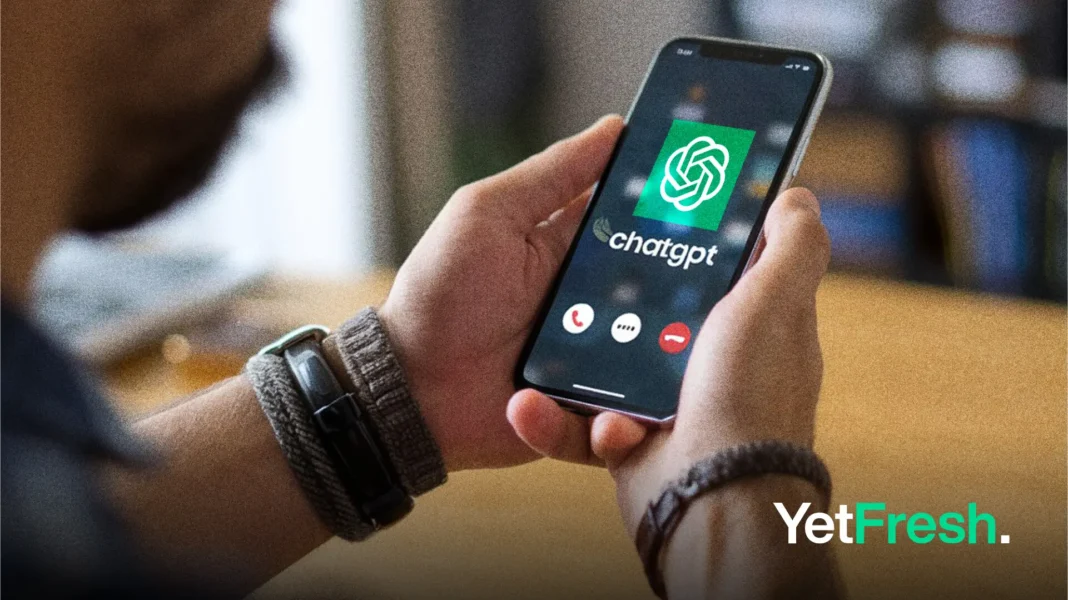Summary:
- OpenAI has introduced 1-800-CHATGPT, allowing U.S. users to call ChatGPT for free for up to 15 minutes per month, while WhatsApp users globally can message the chatbot using the same number.
- The phone service uses OpenAI’s Realtime API, and WhatsApp integration is powered by GPT-4o mini, making AI accessible through familiar communication platforms.
- This initiative aims to expand AI accessibility, particularly for those without high-speed internet or advanced devices, offering a simplified version of ChatGPT.
- OpenAI assures that user interactions via these channels will not be used to train its language models, addressing privacy concerns.
OpenAI has unveiled a groundbreaking feature that allows users to interact with its popular AI chatbot, ChatGPT, via phone calls and WhatsApp messages. Announced on December 18, 2024, as part of OpenAI’s “12 Days of OpenAI” event, this initiative aims to make artificial intelligence more accessible to a broader audience, including those without access to computers or smartphones.
U.S. users can now call ChatGPT toll-free at 1-800-CHATGPT (1-800-242-8478) for up to 15 minutes per month, while individuals worldwide can send messages via WhatsApp using the same number. The phone service is powered by OpenAI’s Realtime API, and the WhatsApp feature leverages the GPT-4o mini model through integration with the WhatsApp API. OpenAI emphasizes that these interactions are not used to train its models, addressing potential privacy concerns.
This new feature represents a significant step in making AI technology more inclusive. By offering a voice-based interface, OpenAI caters to individuals who may prefer traditional communication methods or lack access to high-speed internet or advanced devices. During a livestream event, OpenAI’s Chief Product Officer Kevin Weil described the service as a “low-cost way” for newcomers to explore AI through familiar channels.
The initiative also highlights OpenAI’s strategic push into everyday communication platforms. With over 2.7 billion active users on WhatsApp globally, this integration positions ChatGPT as a versatile tool for diverse use cases—ranging from homework assistance and travel recommendations to language translations and general inquiries. The service even works on basic flip phones and landlines, further broadening its reach.
Interestingly, this move echoes Google’s now-defunct GOOG-411 service from 2007, which provided free voice-based directory assistance. While Google reportedly used the initiative to collect voice samples for improving its speech recognition technology, OpenAI has explicitly stated it will not use data from 1-800-CHATGPT for similar purposes.
The launch comes at a time of rapid growth and innovation for OpenAI. The company has recently introduced several new features and tools, including Sora, an AI video-generation platform, and expanded its presence in competitive markets like generative AI search and enterprise solutions. Backed by Microsoft and valued at $157 billion following its latest funding round in October 2024, OpenAI is vying for dominance in the generative AI market alongside major players like Google, Meta, and Amazon.
This experimental rollout underscores OpenAI’s commitment to making AI more approachable and user-friendly. By bridging the gap between advanced technology and everyday accessibility, OpenAI continues to shape how people interact with artificial intelligence in their daily lives.
Source: Theverge




